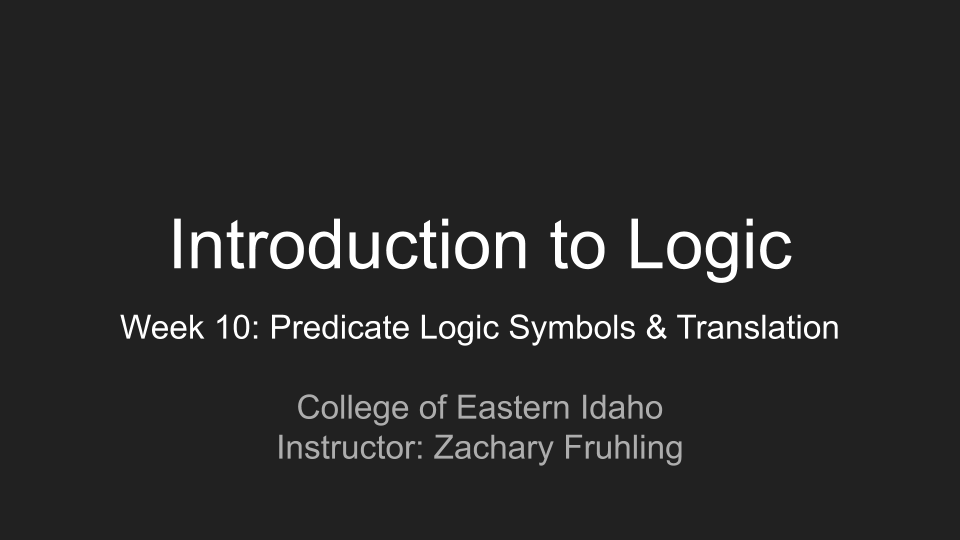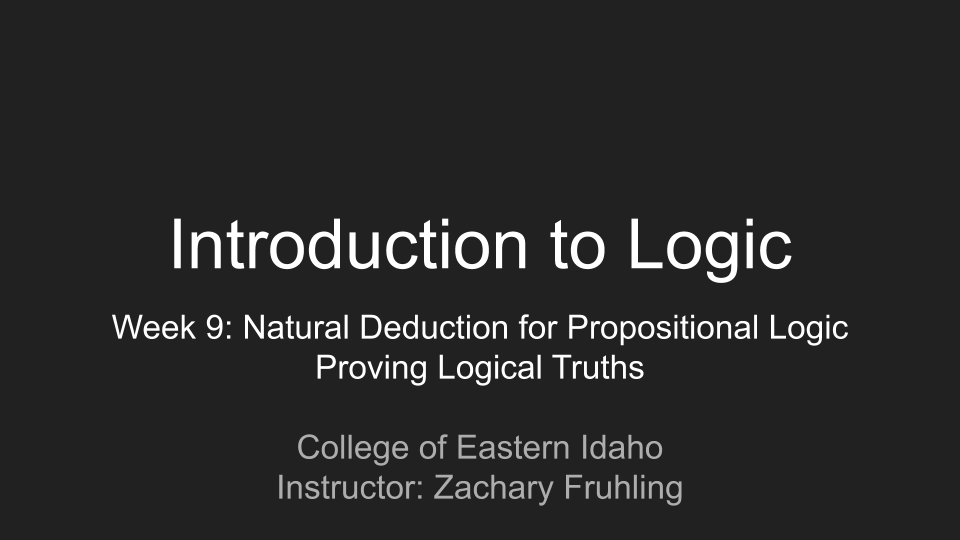The Joy of Cooking and the Joy of Philosophy
Cooking can be a chore, or it can be a joy, the latter perspective on which is immortalized in the title of the nearly ubiquitous American cookbook The Joy of Cooking (originally written by Irma S. Rombauer). Some people dread time in the kitchen as too hard, as unimportant to their quality of life, as an unnecessary inconvenience. For others, however, cooking is tantamount to the holistic unification of mind and body, a quasi-religious experience in which the finest things in existence are brought into one’s own home and ordinary kitchen, a chance to soar among the clouds, satiating your senses and desires with the fruits of your own labor. Making the exquisite accessible to even the most amateurish of home cooks was, in fact, the mission of well-known 20th-century television chef Julia Child.
As I was teaching my Introduction to Philosophy class this morning, it occurred to me that many of my students find philosophy to be a chore as well, with required philosophy readings being a more arduous climb than a French recipe book would be to the untrained chef. They obsess over every word like a culinary initiate obsesses over every ingredient and measure in a new recipe, so afraid of the text that the joy of reading and digesting—literally and metaphorically—is lost on both the novice philosopher and the novice chef alike.
Julia Child, in fact, made such a point of telling her audience not to worry about the recipe too much, that once you grasped the general principle behind a technique you would never have to worry about following the letter of the recipe or the exactness of proportions ever again, thereby empowering you to be genuinely novel, masterful, even experimental with your approach to cooking any given dish. Likewise in philosophy: once you grasp the general principles of how to read philosophy, how to relate ideas to one another, the fundamentals of good reasoning and philosophical argumentation, reading even the most difficult philosophy text is no longer a chore but a joy, empowering you to find your own philosophical voice as a thinker and writer, to add a bit of your own style and flair while increasing in hermeneutical potency by the value you as reader brings to the text on the page through your own interaction with it.
Watching Julia Child cook is an exercise in the magnificent as she manhandled even the manliest cuts of meat and dissected poultry with ease, while making even the most complex of recipes seem achievable in just a few simple steps. The way in which Julia Child demystified French cooking is part of what I hope to achieve in demystifying philosophy for my students. What was special about Julia Child is that she was able to retain the mystique of French cooking at the very same time that she demystified it, brought it down from its pedestal, showed how it can be a reality in the lives of ordinary home chefs, and yet treated every dish with the cultural, historical, traditional, and culinary respect it deserves. She remained reverent and unwavering in her demand for quality, even as she brought French cooking down to Earth, in the same way that we philosophy teachers aim to bring the loftiest thoughts of the greatest philosophers down to earth from their Platonic pedestals for our students.
While The Joy of Cooking may serve as a more-than-adequate step-by-step guide to many cooking techniques and recipes, Julia Child’s approach of deemphasizing recipes in favor of general principles, combined with the quirkiness of her on-screen personality and presence, brought the culinary arts to life. Similarly, our philosophy students don’t need a step-by-step guide to philosophical reasoning, as if one could squeeze the liveliness and spontaneity of philosophy into a recipe, a formula, or an algorithm—the philosophy machine, or, heaver forbid, the life machine. Instead our students need philosophy performed for them with spirit, with clarity, with personality, with inspiration, and with an unwavering demand for quality, not just in their reading and writing but in their pursuit of the general principles and the joy of philosophy itself, in its decadence, in its luxurious and fine qualities that do justice to its lofty aims but also firmly in the realm of the achievable.
In the 2001 time-travel romantic comedy Kate & Leopold, the titular character—Leopold, the Duke of Albany—claims the following about the culinary arts:
Leopold: It is said, without the culinary arts the crudeness of reality would be unbearable. (Kate & Leopold, Miramax Films)
Arguably the same could be said of philosophy: Without philosophy, the crudeness of reality would be unbearable. Philosophy should not be some academic Sisyphean chore, a burden carried by our students for sixteen weeks to be cast off like some intellectual albatross, a mere TV dinner of higher education. Nor should it be some elitist or pretentious French restaurant with its corresponding snobbery and inaccessibility. An introductory philosophy experience should be more like Julia Child’s The French Chef than a fancy dinner in the ivory tower of academia, revealing the potential of philosophy as a way of life for our students, something they can envision themselves carrying with them for the rest of their lives and engaging with for its own sake, for the sake of the human experience, and for a taste of the finer things in life by the effort of one’s own intellect, no matter its apparent brightness in the philosophical firmament or whether one can keep pace with the greats, be they French chefs or French philosophers.
The title of a well-known popular philosophy book implies that philosophy is a consolation. (See The Consolations of Philosophy by Alain de Botton, the title of which is a reference to The Consolation of Philosophy by the Roman statesman Boethius.) And while philosophy does sometimes play the role of consoler to our weeping intellects, with our finitude and in the imprisonment if our own minds and bodies, with our historical and cultural situatedness providing boundary conditions on our existence that we shall never overcome, philosophy shouldn’t be merely a consolation, merely salve on the wounds of our existence. Instead philosophy should be joyful in the same way that the culinary arts are joyful, not merely a cover for the crudeness of existence as Leopold implies in Kate & Leopold, but a life-affirming part of our intellectual and embodied existences, not the water dousing the dangerous flames of life but the spark that ignites a flame from within, whether in the great things you might achieve with your own free will or in the lofty things you might achieve with your own intellect, in much the same what the the home chef can enjoy French cooking at home, every day and night if he or she chooses, with the likes of Jacques Pépin and Julia Child, your television culinary Virgil and Beatrice to guide your way from darkness into the light (see The Divine Comedy by Dante Alighieri), the culinary equivalent of Socrates in Plato’s Allegory of the Cave (See Plato’s Republic), not just dragging the prisoners from the cave kicking and screaming but bringing the light of the sun down into the cave and making it reachable and achievable for those willing to put in even a modicum effort toward mastering the general principles of life Plato so famously elevated to the status of Forms, thereby making the cave of our earthly dwelling more joyful and abundant than it might otherwise have been.
I don’t want to write—or teach—a mere philosophical recipe book, a book of skills with no taste. And neither should any chef aspire merely to write a literal cookbook. Philosophers and chefs alike should aspire to bring their chosen arts to life, in living color, in person, in all five senses, and sometimes in high-resolution video for our students, either literally or metaphorically. We should dazzle them with our mastery of the tools and cutlery of our trade, but we should also teach them how easy it is to julienne their philosophical carrots after sharpening their own knives against the coarseness of our instructional whetstones. But neither should we focus merely on these basic skills at the expense of the quality of the dish of life itself. We need to teach them not just the steps to a reliable recipe or the resonance of a sound argument but what it means to live a truly succulent life in all its human splendor, artistic savoriness, and human sweetness, retaining enough of the fat and trimmings, those delicious scraps of life too easily discarded, to make the most perfect intellectual and emotional gravy to pour atop the meat and potatoes of life.







